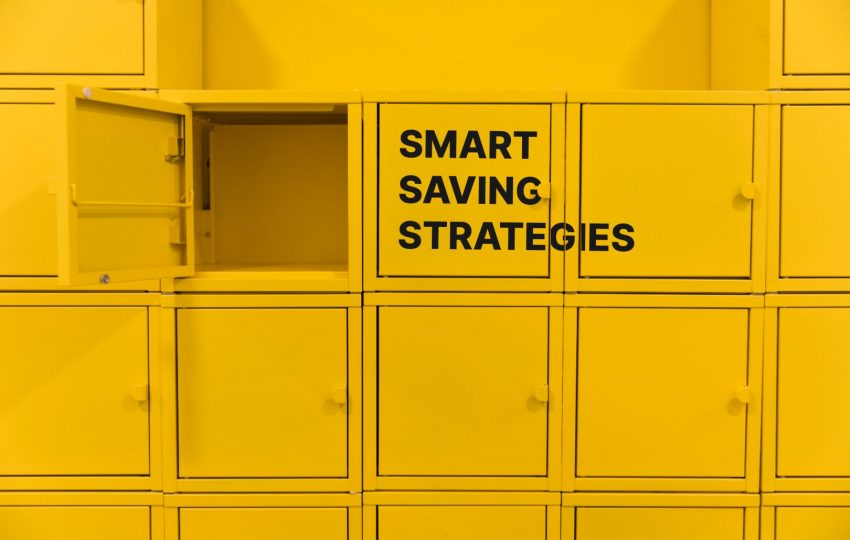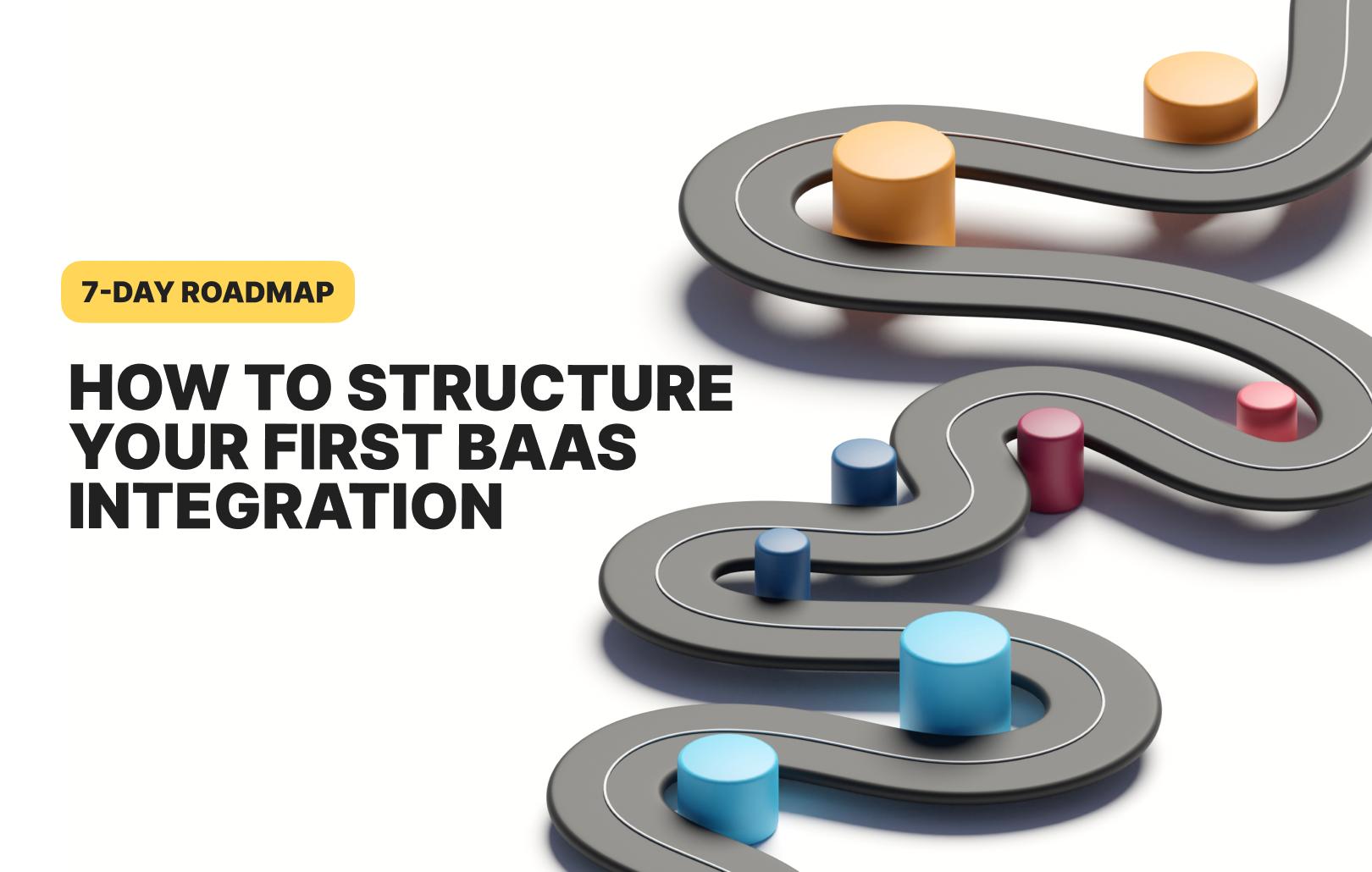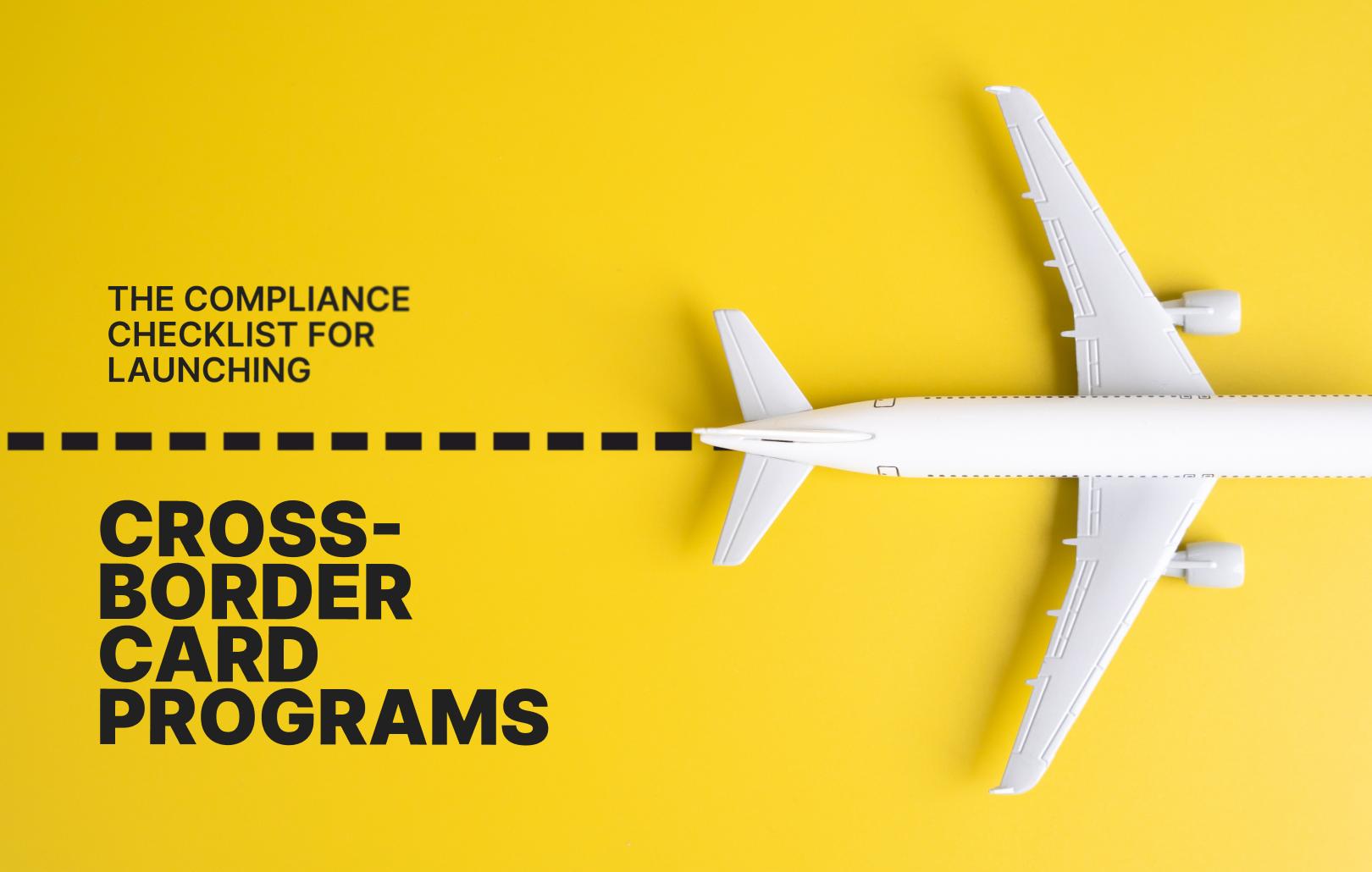Smart saving strategies: Building an emergency fund you can rely on

Life is full of uncertainties—an unexpected car repair, a sudden medical bill, or getting fired can disrupt financial stability and become a huge stress factor. Having an emergency fund, on the other hand, provides a financial cushion during these tense periods, helping you avoid debt and stay on track with long-term goals.
Why it matters
Establishing a robust emergency fund is essential for your financial stability, especially in light of recent economic challenges. In 2024, U.S. credit card debt reached a record $1.17 trillion, with lenders writing off over $46 billion in delinquent loans—the highest level since 2010.
Potential unexpected job loss further underscores the need for savings. As of November 2024, the U.S. unemployment rate stood at 4.2%, with over 7 million individuals unemployed.
According to Finder, 1 in 6 UK adults (approximately 9 million people) does not have an emergency fund at all. Without one, any of us might struggle to cover basic expenses during periods of unemployment, leading to increased debt and financial turbulence. Building a safety net not only provides peace of mind but also ensures resilience against unforeseen financial setbacks.
Practical ways to build your emergency fund
- Set a target amount: Start with a small, attainable goal, then aim for 3–6 months of essential expenses’ buffer.
- Track expenses: A clear picture of your spending helps identify savings potential and control unnecessary outflows.
- Automate savings: Automatically transfer a portion of your income to a designated savings account. Even small contributions add up.
- Cut non-essentials: Trim spending on discretionary items, like streaming subscriptions or dining out, to free up savings capacity.
- Redirect windfalls: Direct bonuses, tax refunds, or unexpected income straight into your emergency fund.
- Choose the right account: Use a high-yield savings account to grow your fund while keeping it accessible.
A step toward financial freedom
An emergency fund is a tool for self-reliance and a foundation for your financial growth. By preparing for the unexpected, you ensure that life’s surprises don’t derail your financial goals.
Additionally, it reduces stress. Knowing you have resources to fall back on allows you to focus on solving the issue at hand rather than worrying about immediate financial strain. This sense of security can have a positive impact on both mental health and decision-making, enabling you to approach challenges with clarity.
Saving as a habit fosters discipline, encourages a proactive approach to personal finance, and sets the stage for achieving larger financial goals, like buying a home, pursuing education, or starting a business. In essence, an emergency fund is not just about preparing for the worst—it’s about creating a foundation for secure wellbeing.





